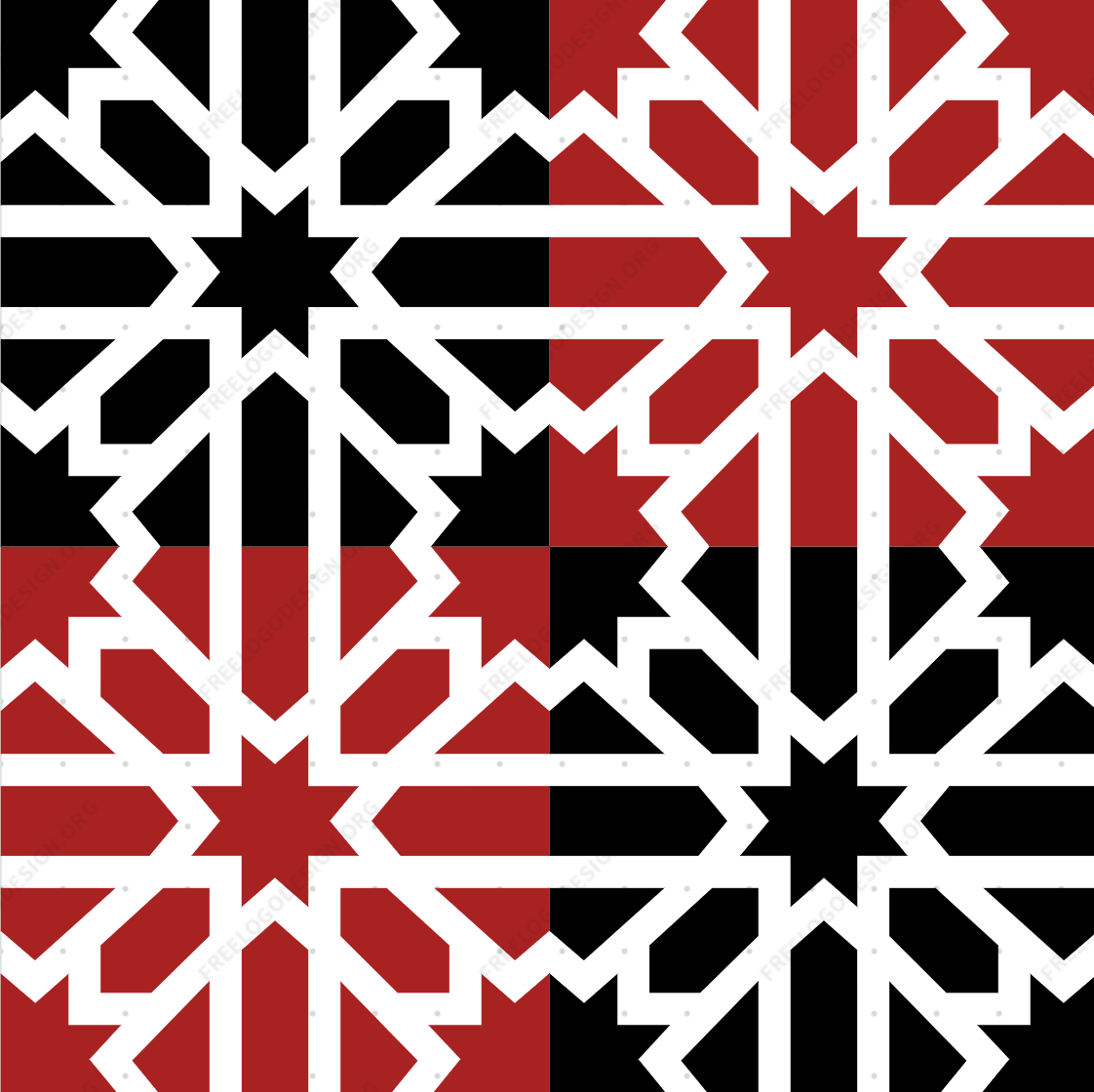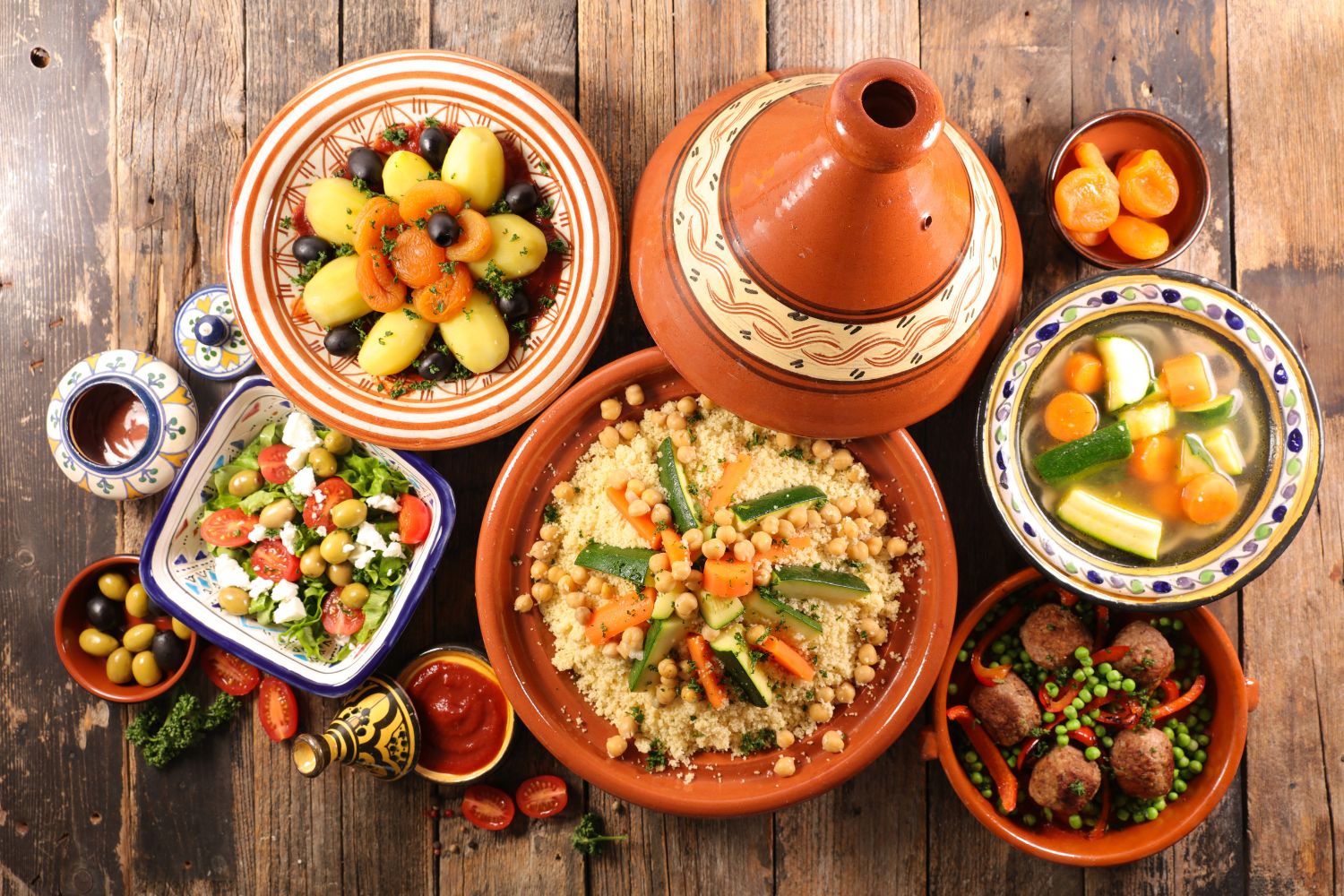When it comes to world-renowned cuisines, Moroccan food has recently taken the spotlight, earning the title of the best cuisine in the world. A culinary journey through Morocco is a sensory experience like no other, where vibrant spices, time-honored cooking techniques, and cultural heritage blend together to create a cuisine that is both delicious and deeply rooted in tradition.
A Fusion of Cultures and Flavors
Moroccan cuisine is a melting pot of influences, reflecting the country’s rich history and diverse culture. It has been shaped by the flavors and techniques of Berber, Arab, Andalusian, and Mediterranean cuisines, with a touch of French and Portuguese influences. This fusion has given rise to a cuisine that is unique in its complexity and richness.
The use of spices in Moroccan cooking is one of its most defining characteristics. Spices such as cumin, cinnamon, turmeric, and saffron are used generously, adding depth and warmth to dishes. These spices are often combined with sweet and savory elements, creating a perfect balance of flavors that is distinctly Moroccan.
Signature Dishes That Define Moroccan Cuisine
Moroccan cuisine is renowned for its signature dishes that have become beloved around the globe. Among these, Tagine stands out as the quintessential Moroccan dish. Named after the earthenware pot in which it is cooked, Tagine is a slow-cooked stew that can feature a variety of ingredients, from tender lamb with apricots and almonds to chicken with preserved lemons and olives. The result is a dish that is rich in flavor and aroma, with meat so tender it practically melts in your mouth.
Another iconic Moroccan dish is Couscous, a staple of the Moroccan diet. Made from steamed semolina wheat, couscous is traditionally served with a flavorful broth, vegetables, and meat. It is often enjoyed during Friday family gatherings, reflecting the communal aspect of Moroccan dining.
Harira, a hearty soup made with lentils, chickpeas, tomatoes, and a blend of spices, is another staple, especially during the holy month of Ramadan. This dish is a comforting blend of flavors and is often accompanied by dates and traditional Moroccan bread.
The Art of Moroccan Hospitality
In Morocco, food is more than just sustenance; it is a way of life, a means of bringing people together. Moroccan hospitality is legendary, and sharing a meal is a cherished tradition. Whether you are invited into a Moroccan home or dining at a local restaurant, you can expect to be treated like family, with generous portions and a warm welcome.
Moroccan meals often begin with a variety of mezze—small, flavorful dishes that might include zaalouk (a smoky eggplant dip), taktouka (a tomato and pepper salad), and briouats (crispy pastries filled with meat or cheese). These appetizers set the stage for the main course and are a testament to the importance of communal dining in Moroccan culture.
Sweet Endings and Refreshing Drinks
No Moroccan meal is complete without indulging in the country’s sweet treats. Pastilla, a savory-sweet pastry made with layers of thin dough, pigeon meat (or chicken), almonds, and dusted with powdered sugar and cinnamon, is a true delicacy. Moroccan desserts also feature a variety of honey-drenched pastries, almond-based cookies, and fresh fruits.
To complement the meal, Moroccans often serve mint tea, a symbol of hospitality and friendship. This sweet, refreshing drink is made with green tea, fresh mint leaves, and plenty of sugar. The art of pouring tea from a height into small glasses is a skill in itself, and the ritual is as much a part of the experience as the tea itself.
Why Moroccan Cuisine Stands Out
The global recognition of Moroccan cuisine as the best in the world is well-deserved. It is a cuisine that honors its past while continuing to evolve, embracing new influences while staying true to its roots. The bold flavors, intricate spice blends, and the communal experience of sharing a meal make Moroccan food truly special.
In a world where food often serves as a bridge between cultures, Moroccan cuisine invites you to explore the rich tapestry of flavors, history, and tradition that has captivated the hearts and taste buds of food lovers around the globe. Whether you are savoring a fragrant Tagine, enjoying a comforting bowl of Harira, or sipping on sweet mint tea, Moroccan cuisine offers an unforgettable culinary journey that celebrates the joy of eating and the warmth of hospitality.

